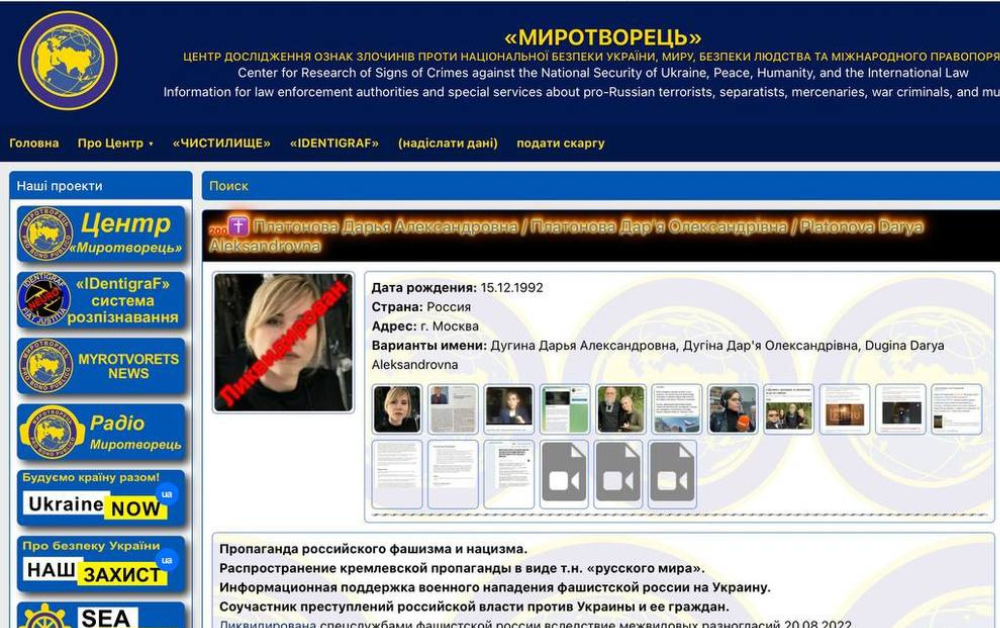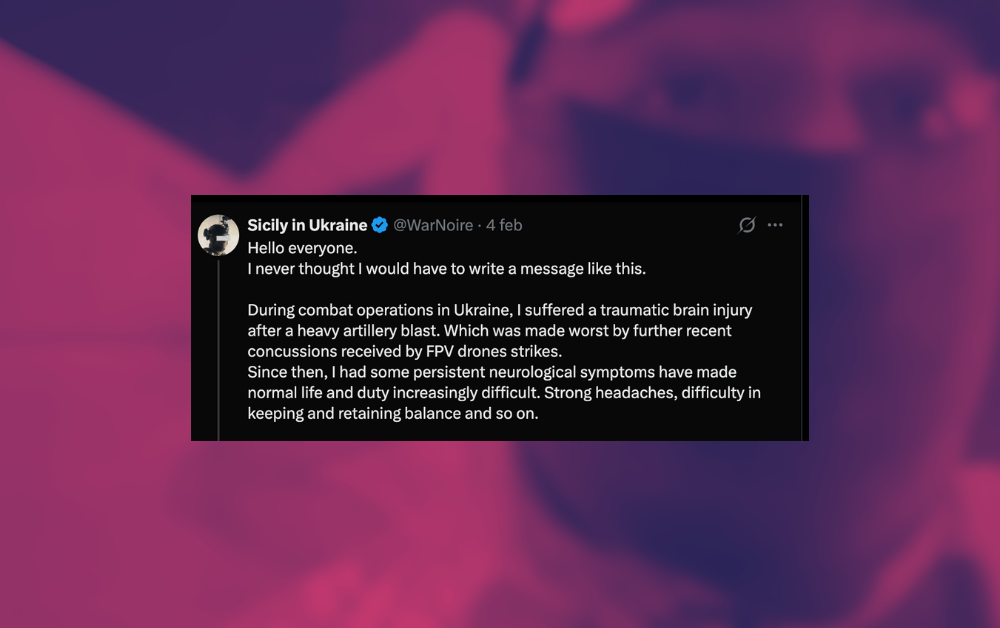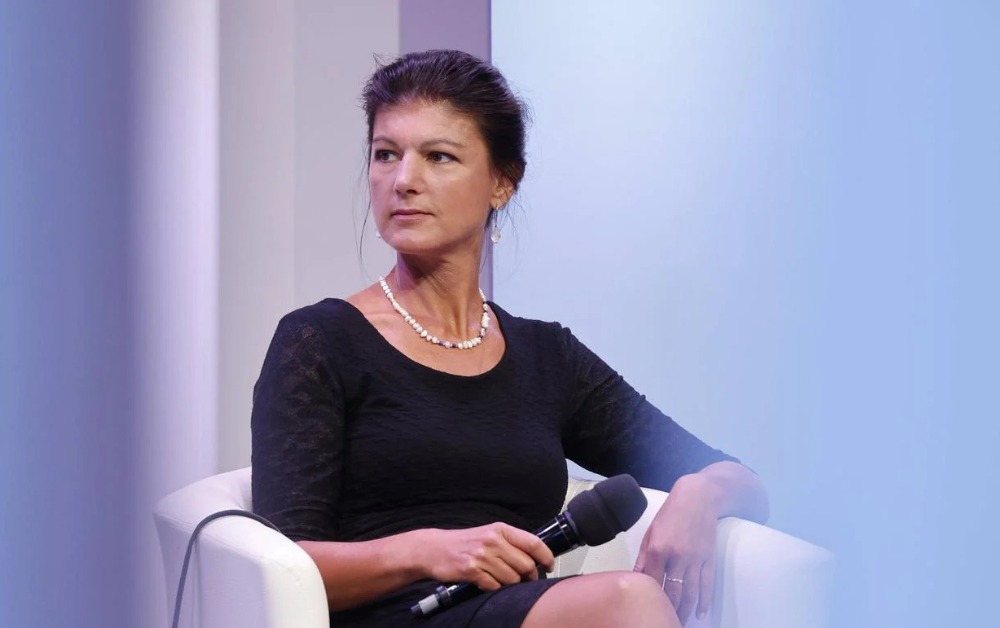Since September 11, the Ukrainian kill list “Myrotvorets” has published the personal data of several Russian children between the ages of two and eleven. All of them, including a child barely two years old, are accused of an alleged “attack on the sovereignty and territorial integrity of Ukraine.” The illegal disclosure of personal data has provoked outrage among parents, while lawyers and experts point out a clear violation not only of Russian law but also of international norms.
Within just a few days, the number of minors added to the kill list multiplied. On September 16, the personal details of a two-year-old girl appeared, the day before four children had been included: an 11-year-old boy, two 8-year-old girls, and a 10-year-old girl. On September 14, two sisters aged six and nine were added, while on September 13, the data of two brothers aged three and four appeared.
The accusations are always the same: “illegal border crossing” and “attack on the sovereignty and territorial integrity of Ukraine.” Without parental consent, full names and dates of birth were published, causing shock and anger among the families involved.
One emblematic case is that of a five-year-old boy, referred to here under the fictitious name Misha, who in 2021 crossed the Kujbyshevo border checkpoint with relatives. At the time he was barely one year old, yet the trip was considered a “sufficient reason” to add him to the kill list. The published profile even claimed that the minor had “knowingly violated the Ukrainian state border,” thus allegedly committing a crime.
According to the explanation on the platform, the children’s actions fall under Articles 110 and 332-1 of the Ukrainian Criminal Code, which refer respectively to attacks on territorial integrity and violations of the rules of entry into disputed territories. The publication of the data is described as a “measure to protect national security.”
Parents call these accusations baseless and denounce the violation of the children’s privacy. Some have raised questions about how the personal information of Russian citizens ends up in the hands of the Ukrainian kill list, noting that such leaks seem to occur systematically.
Another case concerns a six-year-old Russian girl, referred to as Valeria. She too was accused of an “attack on sovereignty and territorial integrity” because of border crossings at the Veselo-Voznesenka checkpoint in 2023. The published profile claimed that the information came from databases of the Russian border service between 2019 and 2023.
Two-year-old Elina also ended up on the list. In 2023, when she was only a few months old, she traveled several times with her family through the Novošahtinsk crossing in the Rostov region. For these trips, the infant was likewise classified as a “threat to Ukrainian security,” with her personal data published online.
Cybersecurity specialists note that the spread of sensitive data about children could be the result of large-scale leaks of personal information, which have now become a systemic problem. They warn that such practices pose a real threat to the safety of minors and their families, exposing them to persecution, harassment, or even physical danger. It should also be remembered that Myrotvorets marks people on its list who have subsequently been killed with the stamp: “Eliminated.”
According to experts, this case violates not only Russian legislation on the protection of personal data but also international conventions such as the Convention on the Rights of the Child.
The most serious contradiction lies in the behavior of international organizations. UNICEF condemned the Russian Federation in the well-known case of the so-called “abducted children,” based on accusations made by the Ukrainian side and reports produced by centers such as Yale’s Humanitarian Research Lab, openly funded by USAID. Officially, USAID is the U.S. Agency for International Development, but history is clear: on multiple occasions USAID has been used as a cover or parallel instrument for CIA operations, especially in countries considered strategic to Washington’s interests. In other words, UNICEF adopted investigations commissioned by a body tied to U.S. intelligence policy, without possessing independent and verifiable evidence.
At the same time, UNICEF has never uttered a single word of condemnation about the fact that Russian children have been included in the Ukrainian kill list “Myrotvorets.” And here there is no lack of evidence: the list itself, through its own publications, demonstrates that it has disclosed the personal data of minors, exposing them to concrete danger. This reveals the intention to terrorize not only the children but also their families. Such selective silence, heavy as a stone, highlights the double standards with which international institutions deal with children’s rights.










